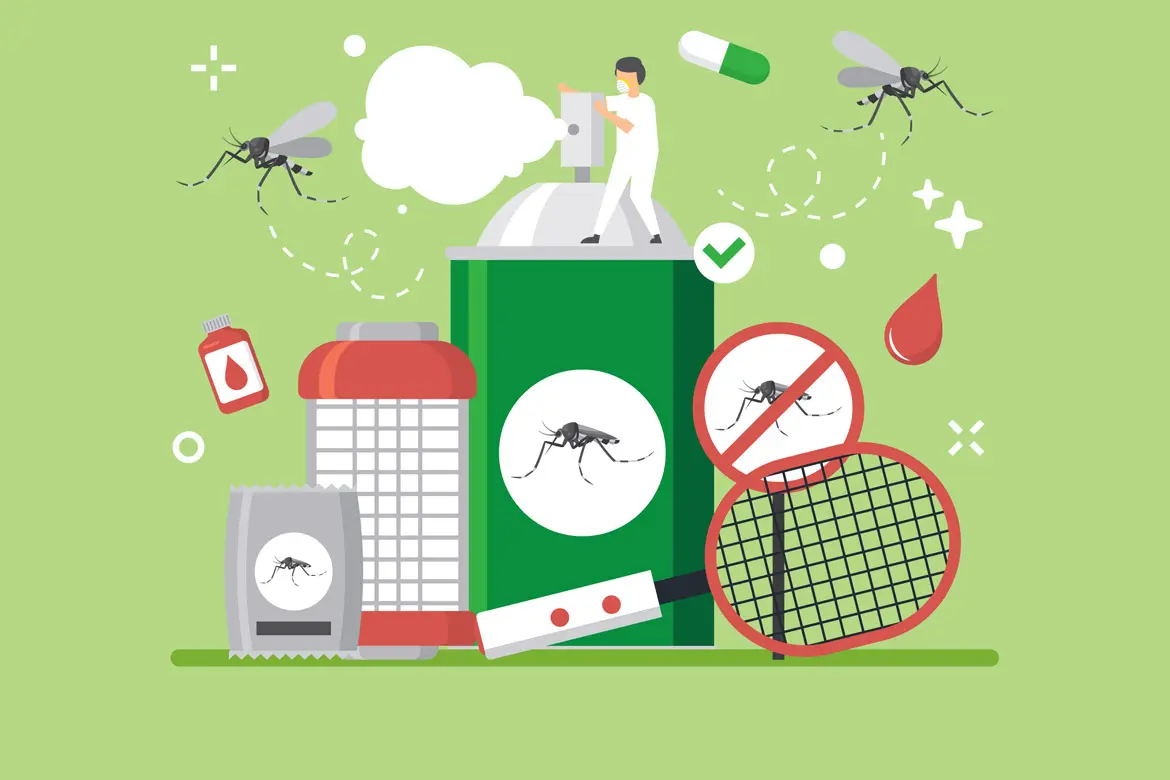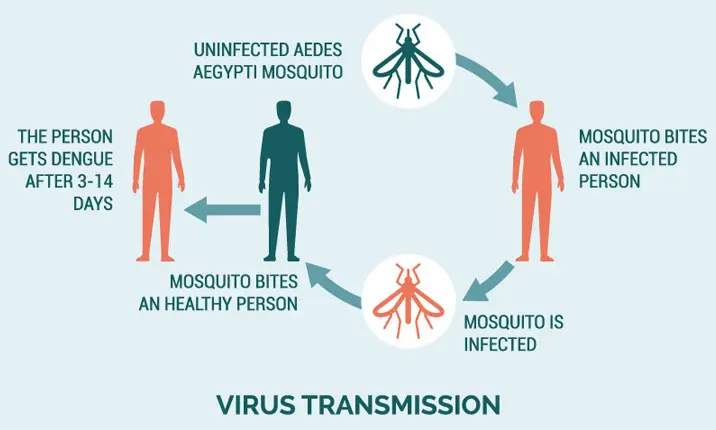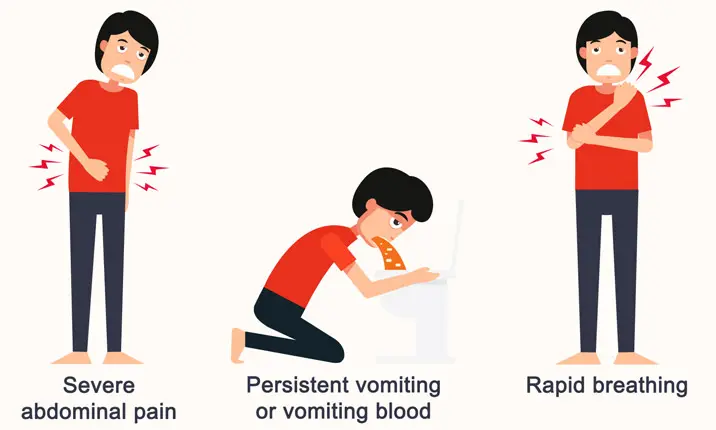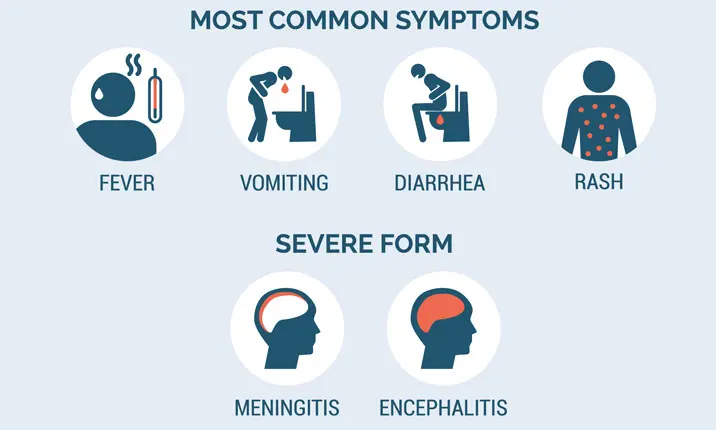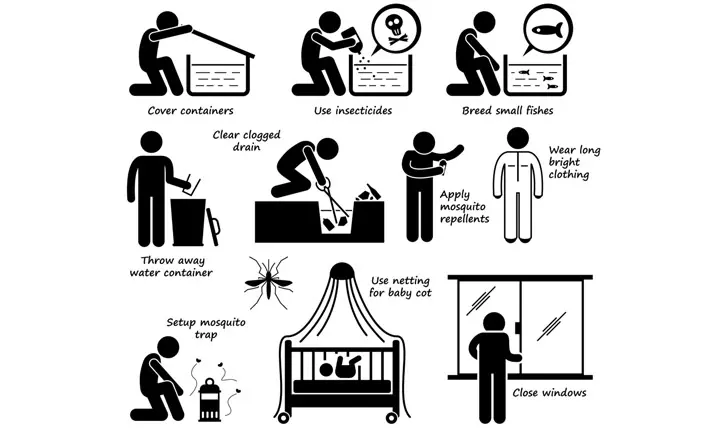Dengue season
June to October is peak dengue season in Singapore. The warmer months offer the perfect breeding ground for mosquitos to thrive, particularly in areas of dense jungle or around stagnant water. Despite a national dengue campaign to clean up residential areas and other potential breeding sites, cases of dengue fever are on the rise.
What is dengue fever?
Dengue fever is a disease spread by the Aedes aegypti mosquito. There are 4 dengue viruses and each one acts independently. If you are infected by 1 type and develop immunity, it's still possible to become infected by the other 3 strains during your lifetime.
Approximately 400 million cases of dengue fever occur worldwide every year, mainly in tropical climates where mosquitos thrive.
When a mosquito bites an infected person, they can spread that infection to others each time they bite someone. Dengue fever can't be passed from person to person directly.
Symptoms of dengue fever
Symptoms of dengue fever usually show up within the first week or so of being infected. The symptoms are often mild, but the disease can cause:
- A sudden, very high fever
- A skin rash, which usually shows up after the fever occurs
- Severe headache
- Nausea and vomiting
- Pain behind your eyes
- Joint and muscle pain, or spasms
- Bleeding from your nose or gums
- Bruising
- Convulsions
Due to similarities between some of the symptoms, people often mistake dengue fever for the flu.
Treating dengue fever
It is essential to see a doctor if you think you have dengue fever. Dengue fever can develop into dengue haemorrhagic fever, which presents with a very high temperature, an enlarged liver, bleeding from the nose and gums, and damage to your lymph nodes. If untreated, this can turn into dengue shock syndrome, which triggers massive blood loss and can be fatal.
Treating dengue fever first involves a test to check for the virus. In most cases, you will just need to rest and drink extra fluids.
However, should symptoms worsen, and you notice the following, go to your nearest Urgent Care Centre (UCC) immediately.
- Severe abdominal pain
- Persistent vomiting
- Vomiting blood
- Rapid breathing
The best way of dealing with dengue fever is prevention.
- Avoid mosquito breeding areas such as large bodies of water
- Wear mosquito repellent
- Sleep under a mosquito net
- Wear long sleeves and pants during the day and evening
- Keep windows closed
Take extra precautions for the young or elderly, or those with compromised immune systems.
Other mosquito-borne diseases
Dengue fever isn't the only illness to be wary of. Mosquitos spread other serious diseases too.
Zika virus
Zika virus has been in the headlines recently due to outbreaks across Asia and Central and South America.
The Aedes mosquito also spreads Zika virus. It may also be passed on via sexual intercourse with an infected person. It often goes undetected and some people who are infected have no symptoms at all. Others have a mild fever, joint pain, conjunctivitis or a rash. The Zika virus can have serious complications, including:
- Guillain-Barre syndrome, a disorder affecting your nervous system that can lead to paralysis.
- Birth defects in children born to infected pregnant women. Microcephaly, is one such condition, where babies are born with small heads and developmental delays.
Doctors therefore recommend pregnant women in particular take extra precautions to avoid getting bitten in areas where Zika is prevalent.
West Nile
West Nile is another disease spread by mosquitos, this time by the Culex species of mosquito. West Nile is very common in the United States. Doctors believe West Nile can also be spread through organ donation and from mother to baby during pregnancy or childbirth.
8 out of 10 people with West Nile suffer no symptoms at all. Some develop a fever with a rash and flu-like symptoms, vomiting and diarrhoea. Muscle weakness and fatigue can also occur and last for several weeks. In some cases, West Nile can develop into meningitis or encephalitis.
- Meningitis is inflammation of the spinal cord and membranes around your brain.
- Encephalitis is inflammation of the brain itself.
Both are very serious and can lead to permanent damage to the brain or nervous system, and in rare cases death.
Malaria
Malaria is caused by a parasite called plasmodium, which is spread by the female Anopheles mosquito. Malaria is mostly found in tropical environments. When the parasite enters your blood stream, you can become very ill. Symptoms of malaria include a high fever, shivers, vomiting, muscle pain and diarrhoea. This typically presents around 7 – 18 days after infection. Sometimes it can take a year for any symptoms to develop.
If malaria is left untreated it can lead to:
- Severe anaemia, which affects your blood's ability to carry oxygen around your body.
- Cerebral malaria, which causes seizures, brain damage, and death.
Malaria prevention tables are available if you know you're travelling to high-risk areas. Antimalarial medication can also be used to treat malaria after you're infected.
Staying mosquito safe
In most cases, mosquito-borne illnesses can be avoided by being careful. If you live in, or are visiting a tropical climate, you're probably going to come in to contact with mosquitos.
- Always wear insect repellent
- Stay covered up
- Sleep under a net
- Protect young children, the elderly, and pregnant women
- See a doctor if you experience any form of illness after being bitten
At home, installing structural barriers such as window screens or insecticide-treated netting can help keep mosquitos out of the home.
The best option is to prevent Aedes mosquitos from breeding. Eliminating any possible breeding locations, such as buckets, watering cans and receptacles for water can help prevent them from breeding. Practise the good habit of regularly cleaning and scrubbing your plant pots to remove mosquito eggs and loosen soil from potted plants to prevent puddles from developing on the surface of hard soil.
